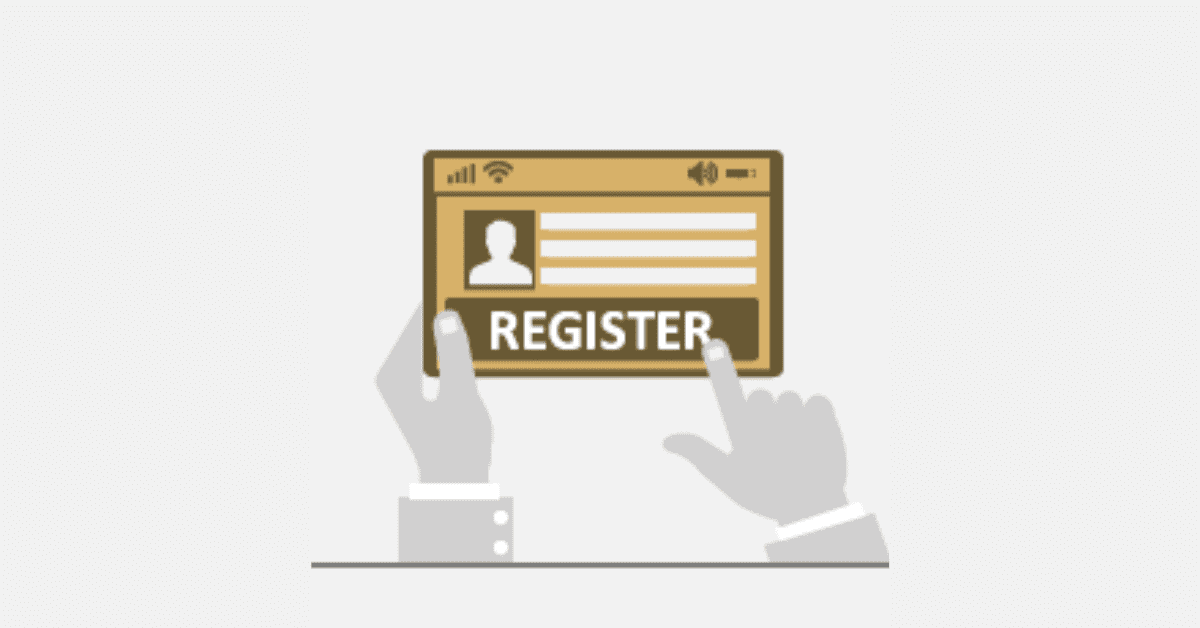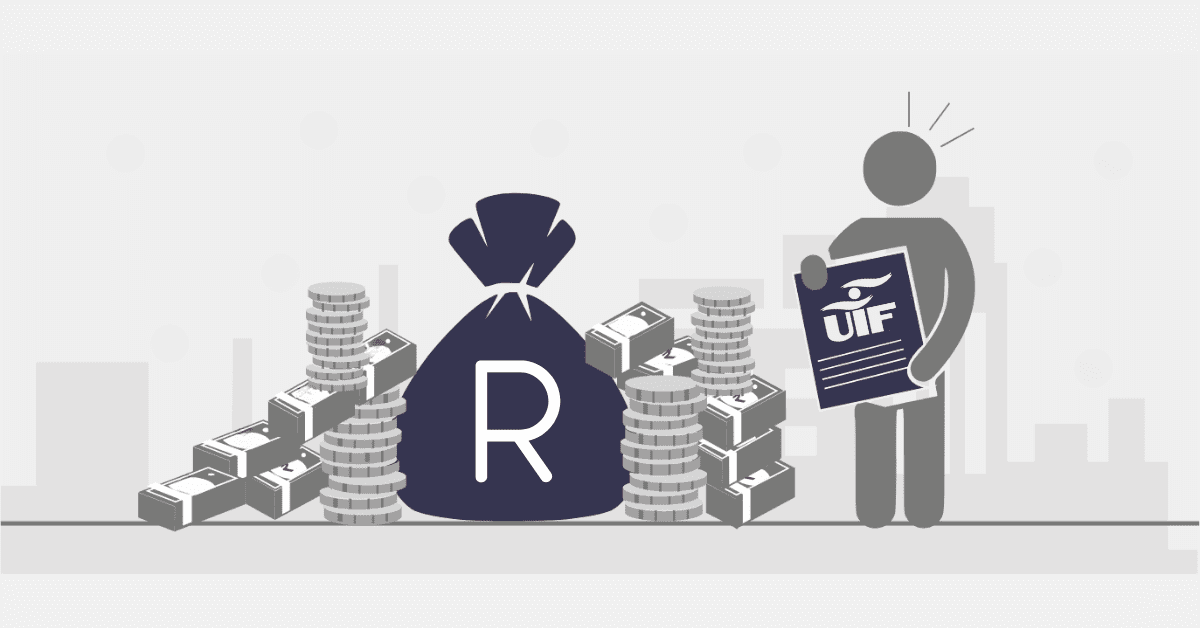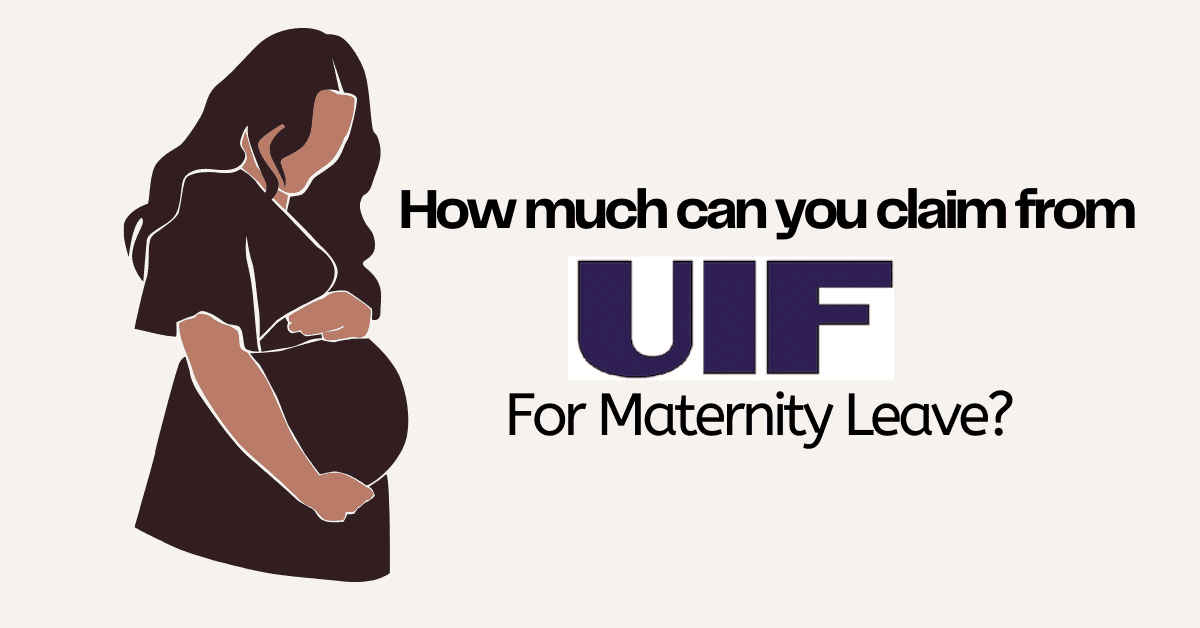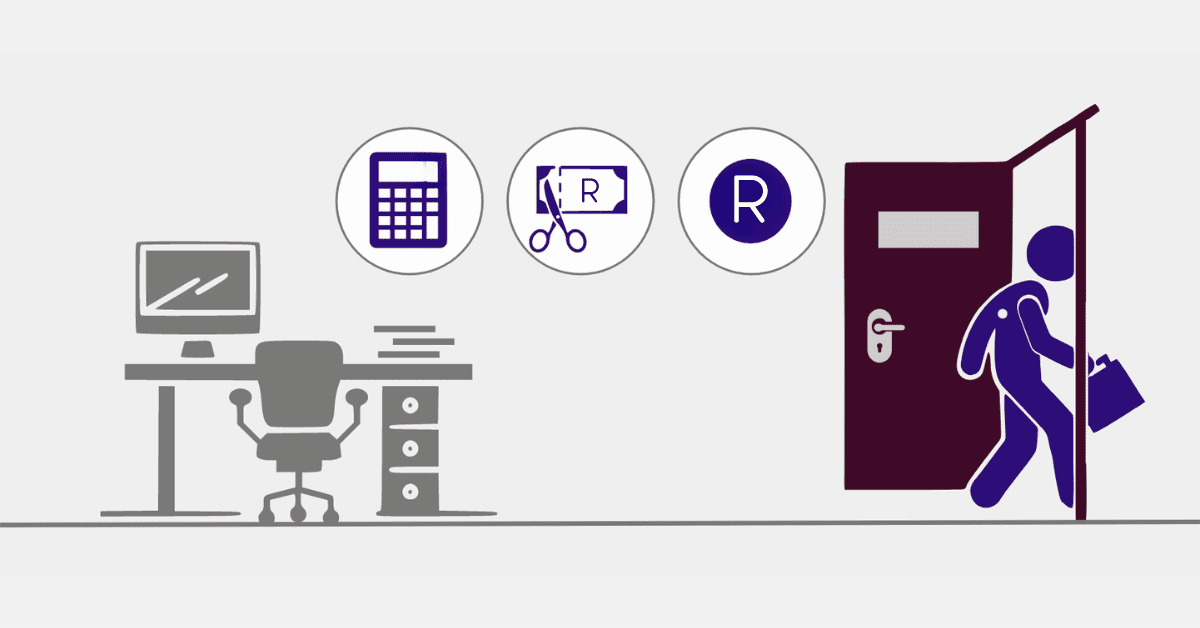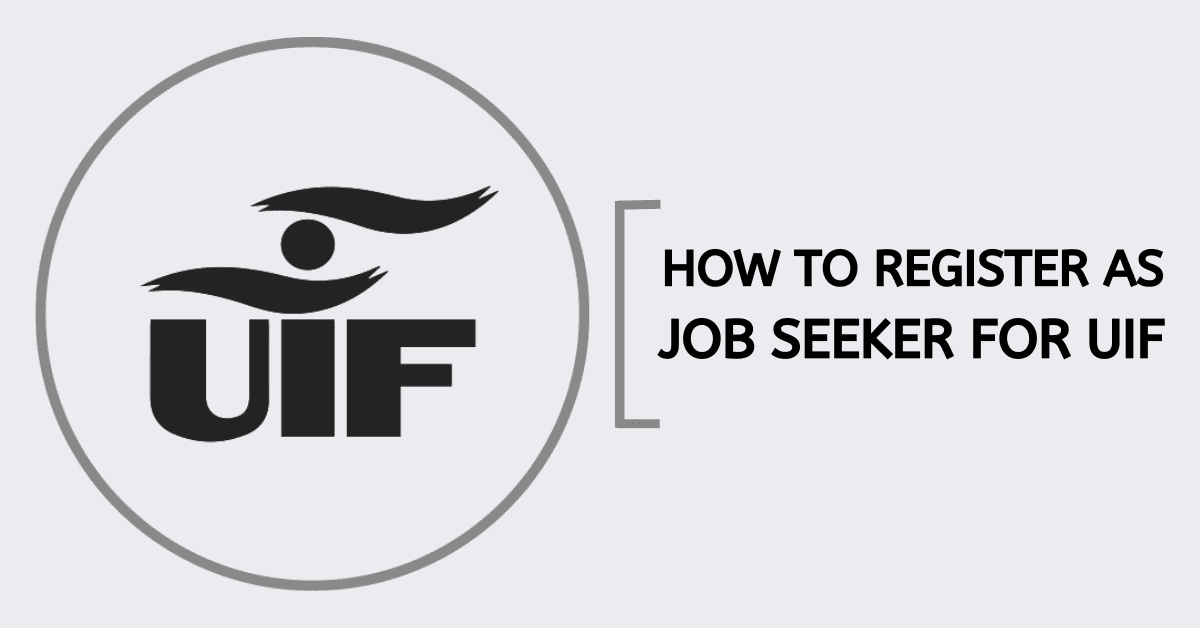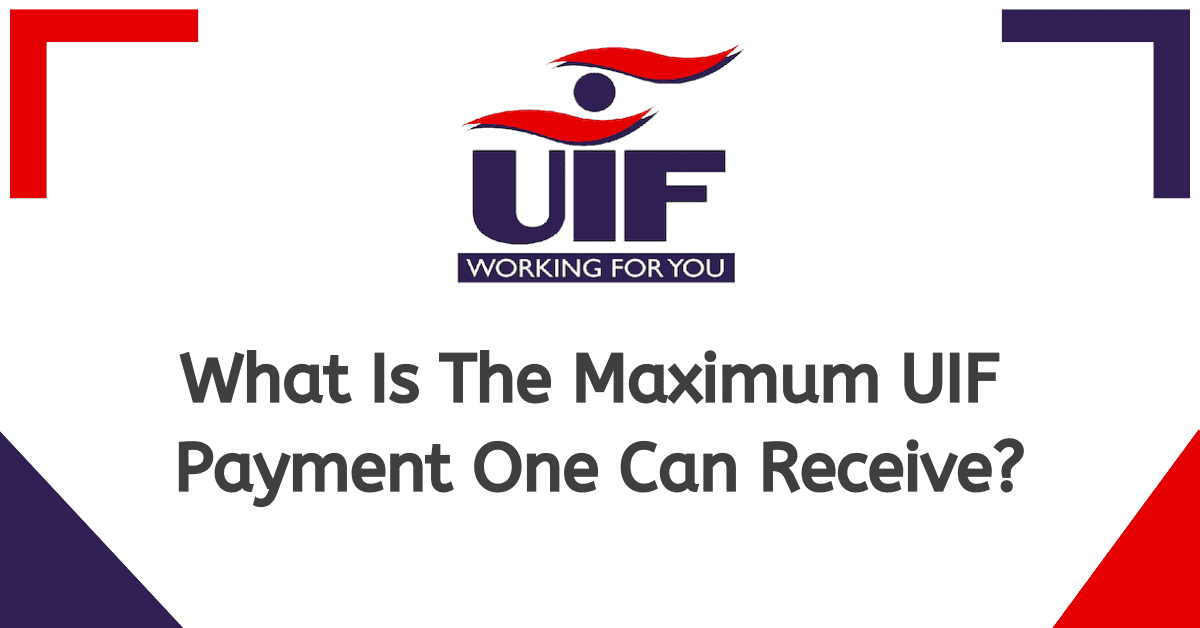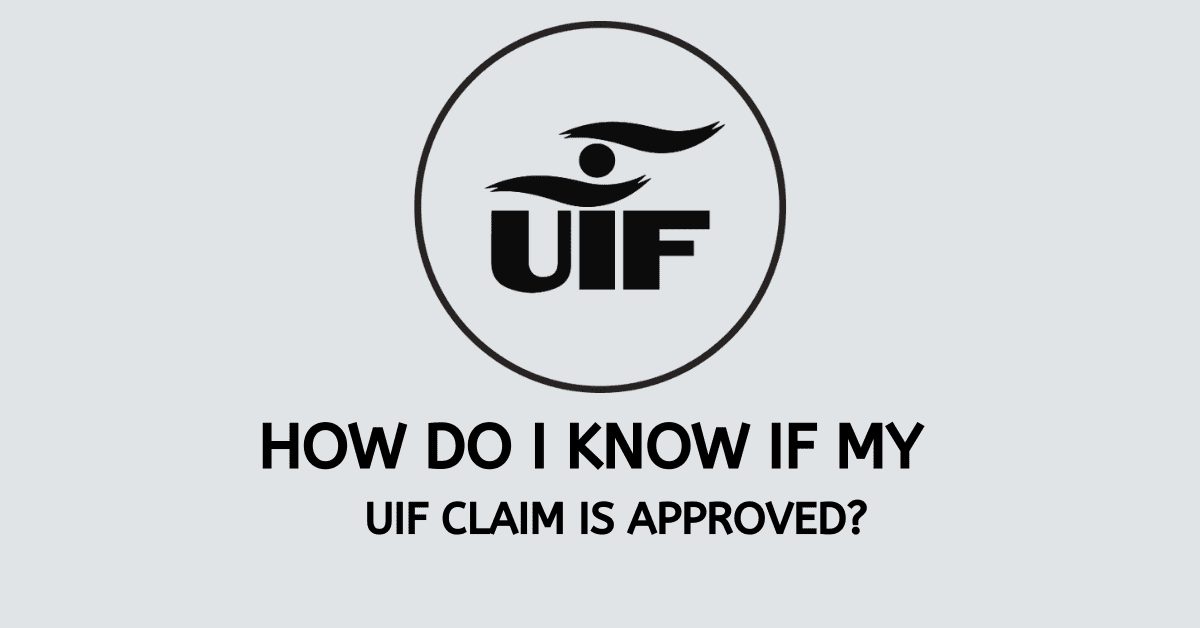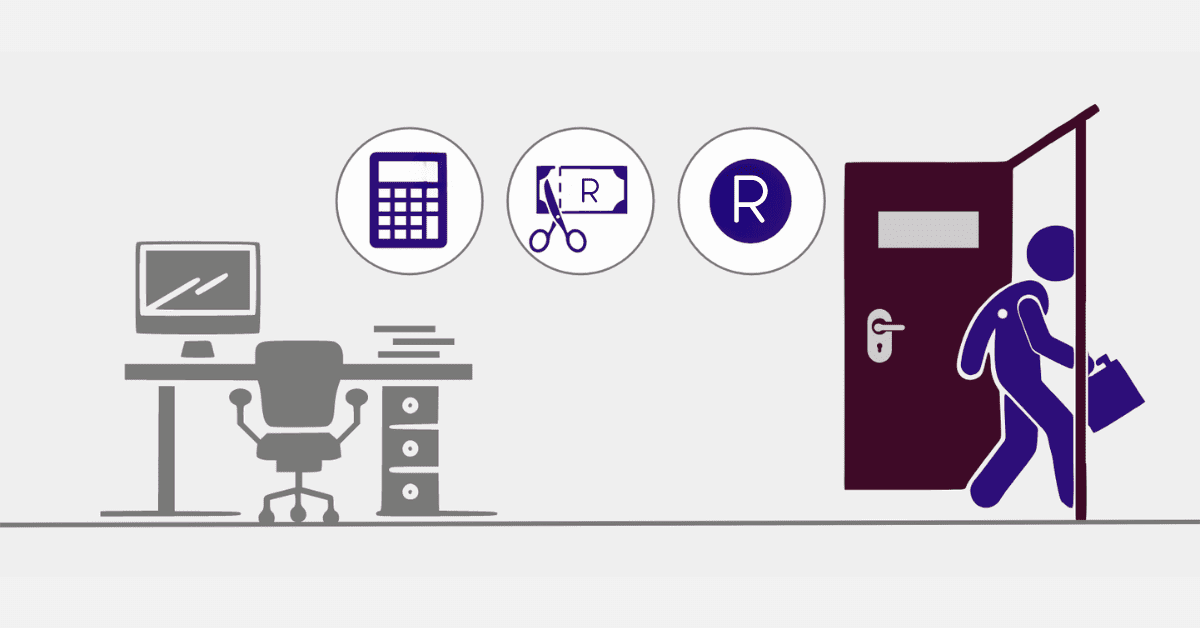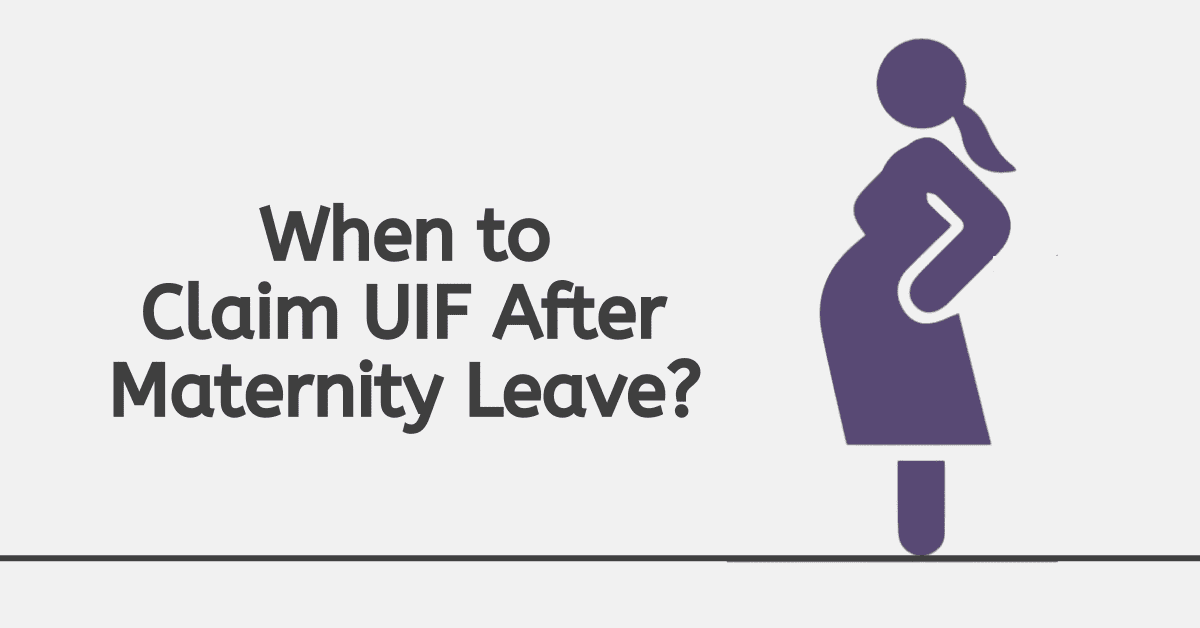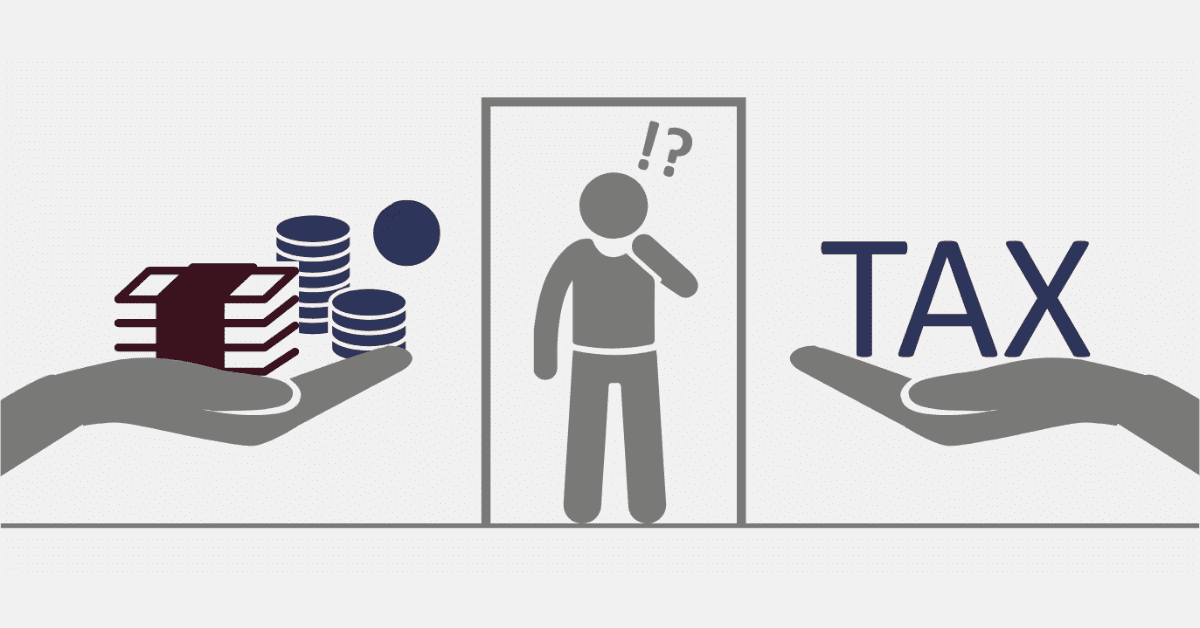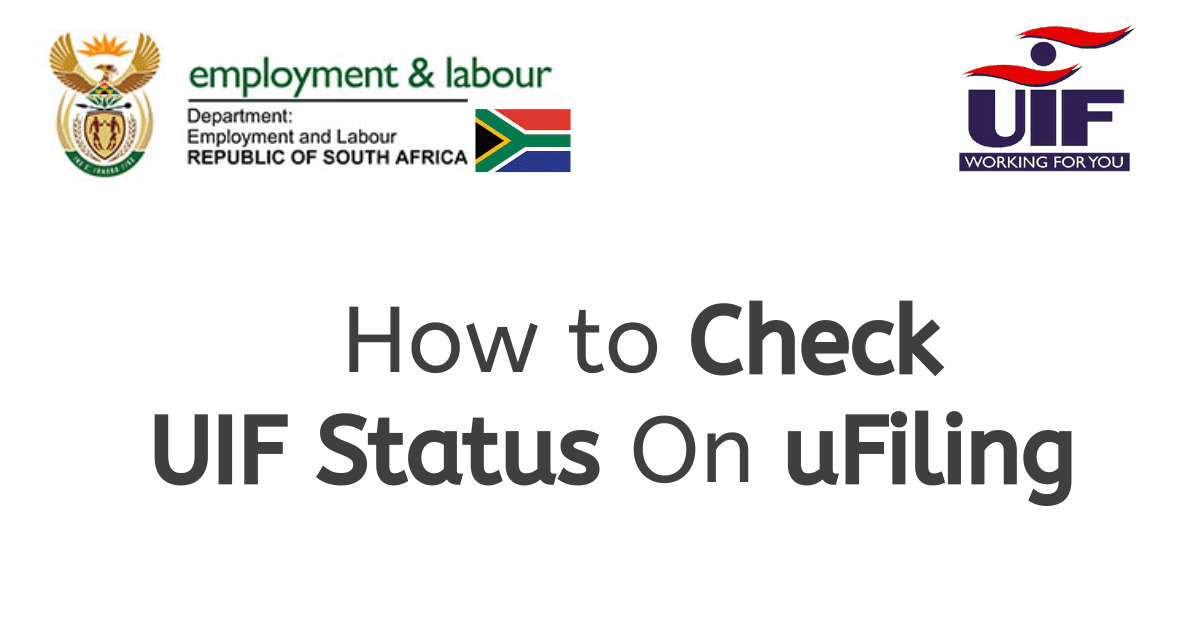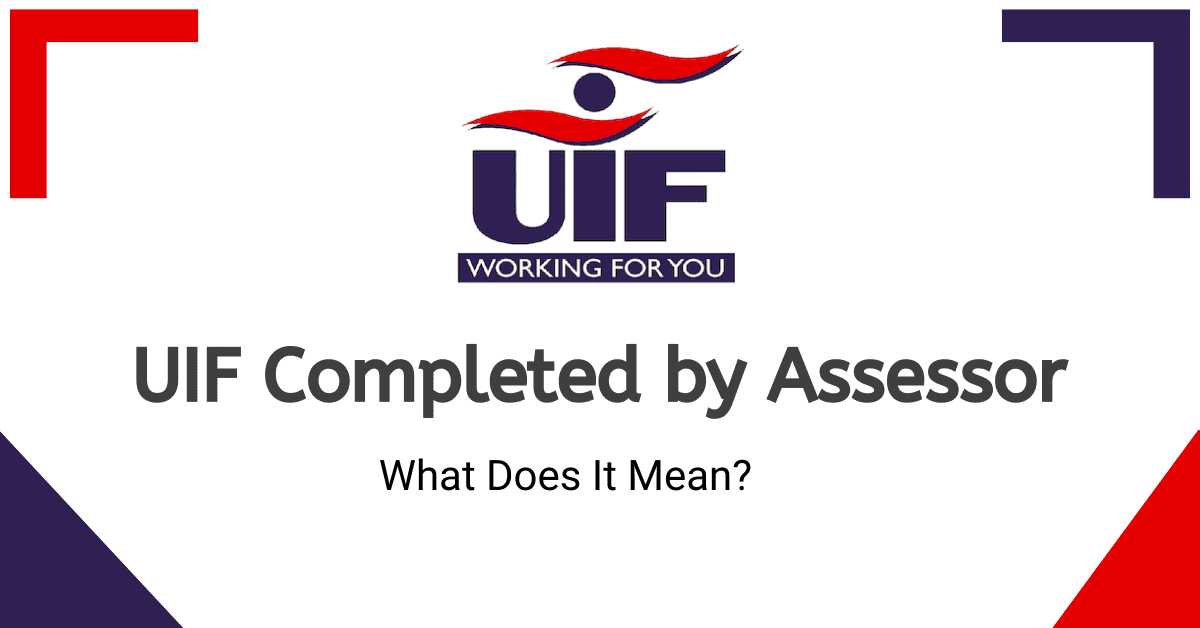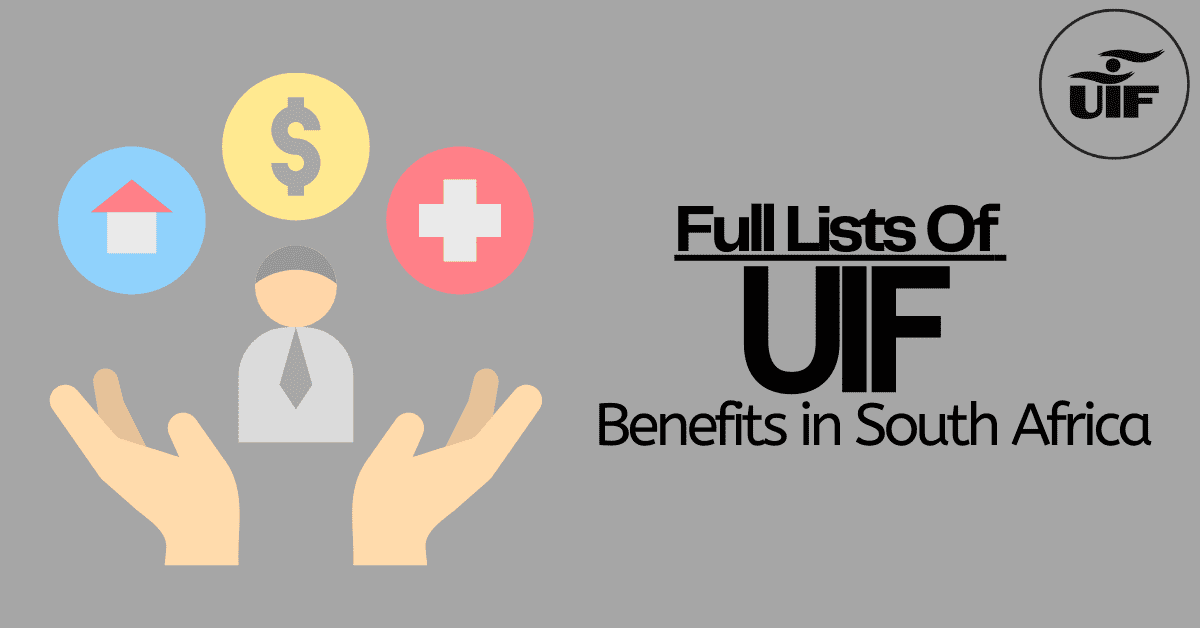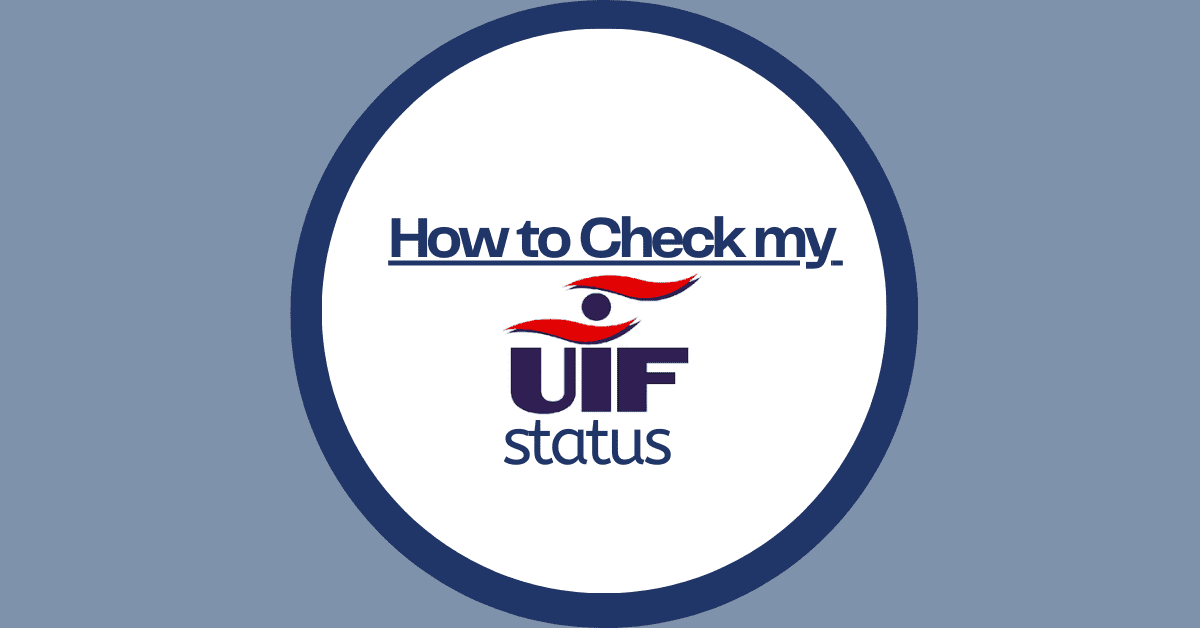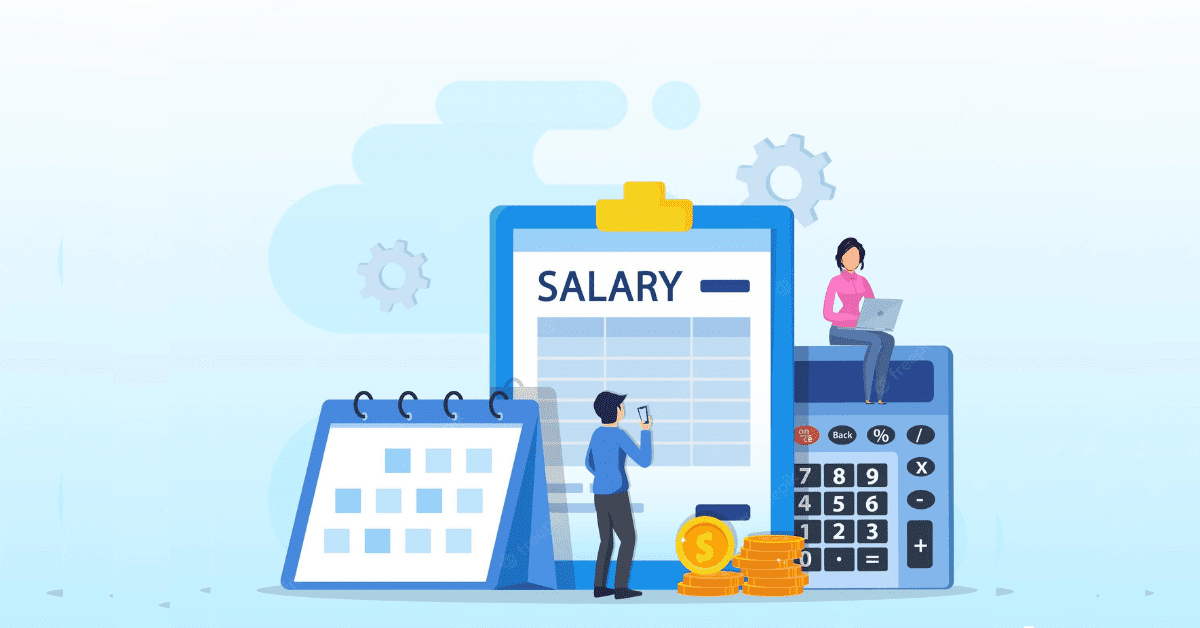The primary purpose of UIF in South Africa is to help relieve the burden on a person’s family, as well as the state if they become unemployed. It’s critically important for both the employee and the employer to understand their rights and responsibilities regarding UIF, so we’ve compiled a handy document to help you.
What Are the Benefits of UIF to the Employer?
While UIF primarily benefits employees, of course, employers also benefit from UIF being in place. It helps reduce the financial burden of retrenchment, assists with attracting and retaining employees, ensures you comply with the law, and boosts employee morale knowing you are employing them in accordance with Government legislation. Rather than seeing UIF as just a ‘have-to’, it pays to understand it assists you on the employer side as well.
UIF benefits can help to reduce the financial burden on employers who are forced to retrench employees due to economic reasons or other circumstances beyond their control. UIF provides financial support to eligible employees for a certain period of time, reducing the amount of severance pay that the employer needs to provide. Employees are more likely to stay with an employer who provides UIF benefits as it provides them with a safety net in case they lose their job and shows you understand and ethically pay into the fund as required.
Contributing to UIF is also a legal requirement for employers in South Africa. By complying with the law, employers can avoid legal penalties and ensure their employees are protected. Last but certainly not least, knowing that their employer contributes to UIF and provides a safety net for them in case of unemployment can boost employee morale and loyalty, leading to a more positive work environment and increased productivity.
What Do I Need from My Employer to Claim UIF?
You need to apply for UIF within 6 months of your last day of employment. You can apply for UIF online or at a Department of Labour office, with online options now favored for faster and easier processing. Should you need, you can ask your employer for assistance with the UIF application process, as they may be able to provide additional information or support or fix errors made on their side. To proceed with your UIF claim, you need:
- A Copy of your SA ID.
- Copies of your last 6 month payslips.
- Your UI-19 form from your employer, showing their UIF reference number.
- A service certificate from your employer, detailing your employment history.
- Your banking details shown on an official letterhead from your bank.
- If you were retrenched or dismissed, you will need a termination letter from your employer stating the reason for your termination and the date of termination. Remember, some reasons for termination will make you ineligible for UIF.
Does UIF Pay if You Resign?
No, UIF will not pay if you resign from your job voluntarily or accept a compensation package to encourage your resignation or retirement from your employee (this does not apply to monies due to you through service). UIF is designed to provide financial support to employees who become unemployed involuntarily, such as those who are retrenched or dismissed due to no fault of their own.
There are some exceptional cases where an employee may be eligible for UIF benefits if they resign- such as resignation due to illegal or intolerable working conditions, harassment or discrimination. In these cases, the employee must demonstrate that they had no other option but to resign and that the resignation was the result of the employer’s actions (constructive dismissal).
In these cases, every case is assessed on its own merits, and the decision to grant UIF benefits is made by the Department of Labour. If you are considering resigning from your job in a hostile situation and have questions about your eligibility for UIF benefits, you should contact the Department of Labour or a qualified UIF consultant for advice.
How Do I Know if My Employer Has Paid UIF?
If you are an employee and you want to check if your employer has paid UIF on your behalf, you can. In fact, it is smart to ensure UIF money being deducted from your paycheck is indeed being correctly paid before you need to claim it. Here’s what to do:
- Get your UIF reference number from your employer. This number is unique to each employee and is used to track UIF payments.
- Log on to ufiling.co.za with your reference number, ID, and a password of your choice.
- Head to ‘view contributions’ to see your contribution history
If your employer is up to date with their payments, you will see a “Yes” next to each month’s contribution. If there are any unpaid contributions, you will see a “No” next to the relevant month.
Alternatively, you can contact the Department of Labour’s UIF call center on 0800 843 843 and provide them with your UIF reference number to check if your employer has paid UIF on your behalf. If you believe that your employer has not paid over your UIF, but deductions show on your payslip, you should raise the issue with them or seek advice from the Department of Labour.
Does an Employee Get Paid After Resignation?
In South Africa, an employee who resigns from their job is entitled to receive any outstanding remuneration (unpaid salary, bonuses or commissions, as well as any accrued but unused annual leave days). The Basic Conditions of Employment Act (BCEA) sets out the minimum requirements for payment upon termination of employment, including resignation.
According to the BCEA, an employer must pay an employee who resigns:
- Any remuneration that is due and payable, including salary, bonuses, and commissions earned up to the date of termination.
- Any payment for accrued but untaken leave days in accordance with legislation on the matter.
- Any other amount that may be owing to the employee, such as a pro-rata share of their 13th cheque or any other contractual entitlements.
The employer must pay the outstanding amounts within seven days of the employee’s last day of work or on the employee’s next scheduled payday (if they had remained employed), whichever is sooner. If an employee has any concerns about their payment upon resignation, they can contact the Department of Labour or a labor lawyer for advice.
Hopefully, you now understand the UIF process on the employer and employee side much better and feel empowered to monitor your UIF contributions throughout your working life.
